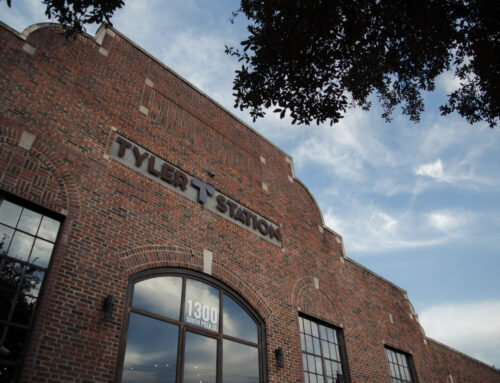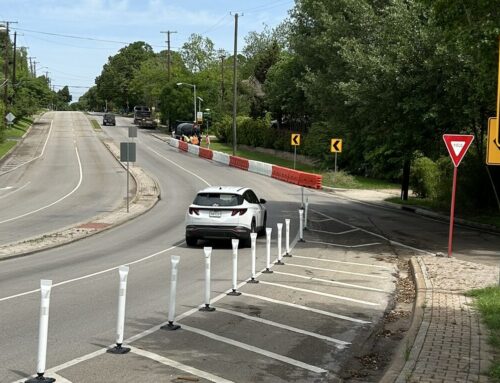Transportation officials at city hall are concerned that getting speed humps installed in Dallas neighborhoods may become more difficult if funding gets cut out of next year’s budget.
Neighborhoods have turned to the city’s Road Hump Program for residential streets to help combat excessive speeding in their community.
The process is simple enough by city hall standards. Two-thirds of households on a segment of a residential street no less than 1,000 feet long must sign a petition requesting the humps to begin the application. The city performs a traffic study to determine how much traffic the street gets, and how fast most cars are driving.
The program is open to residents on streets with a speed limit of 30 mph. Depending on the real speed of cars on the street, the residents may have to share in the cost of the program. Under 35 mph, residents must fund the whole project, and get approval from the city plan commission. At 36 mph, the residents must pay 80 percent of the cost. The percentage decreases by 20 percent for every mph higher until 39 mph or greater, and the city covers the entire cost of the project.
Here’s the problem. The program is funded with $75,000 from the city’s general fund, said Kerry Elder, a transportation planner in the city’s Public Works and Transportation office. With the city facing a potential $190 million budget shortfall, Elder said it is likely those funds, which were a part of the 2008-2009 budget, won’t be the 2009-2010 budget.





